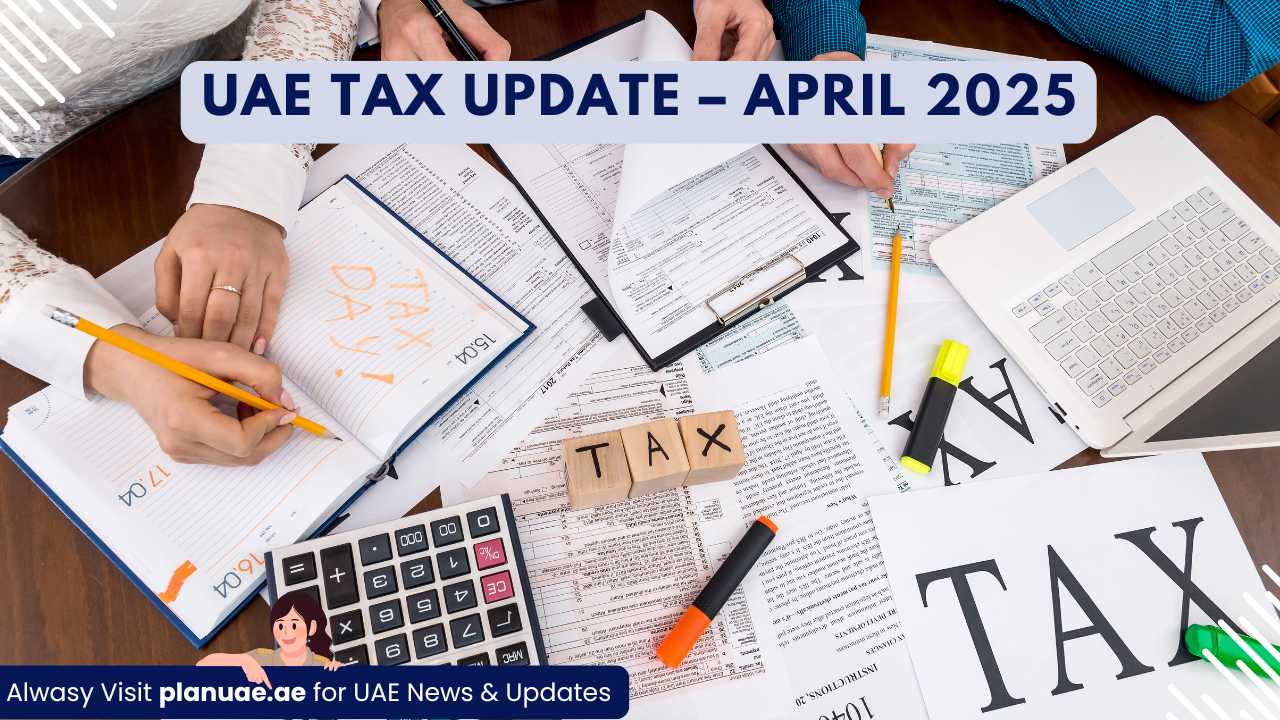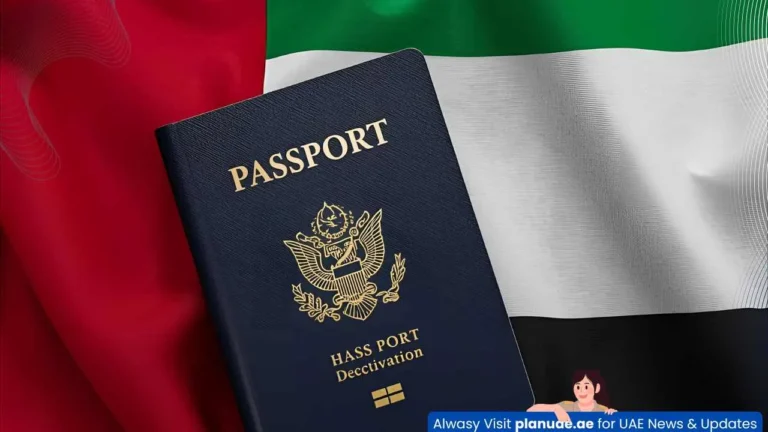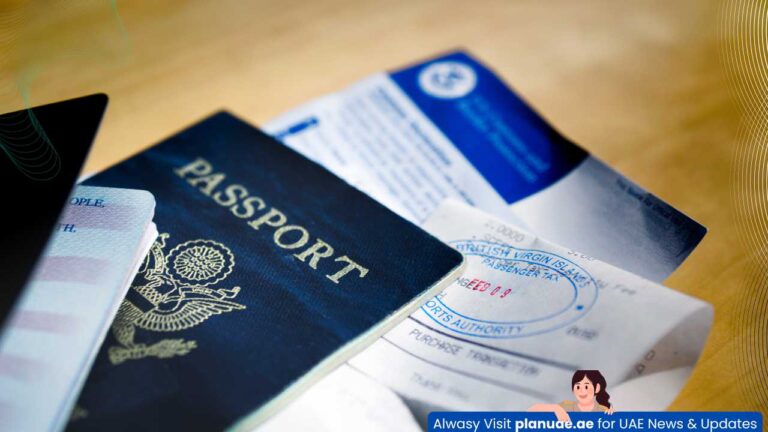On April 7, 2025, the United Arab Emirates (UAE) Federal Tax Authority (FTA) introduced some important tax laws that have brought about major changes for both domestic and foreign investors. These laws are not only in line with global standards but also prove the UAE to be a transparent, attractive, and business-friendly country.
The UAE has announced a new wave of tax regulations as of April 2025, introducing changes aimed at increasing transparency, compliance, and economic efficiency. Whether you’re a resident, freelancer, or business owner, understanding these updates is essential to avoid penalties and maximize potential benefits. In this guide, we break down the key highlights, including revised VAT policies, reporting requirements, and incentives introduced under the new tax framework.
New tax rules on qualifying funds (QAFs) and real estate investment trusts (REITs)
First, we will learn what they are and what is the difference between QIFs and REITs.
- QIFs: QIFs are funds in which several people pool their money to invest in large businesses or projects. These are often large or specialized funds, such as private equity or hedge funds.
- REITs: REITs are funds that invest money in buildings, flats, offices or shopping malls. They earn money from the rents etc. They invest in these funds and can earn rental income without buying the property.
What has changed according to Cabinet Decision No. 34 of 2025?
According to this new change, if a QIF fund has invested less than 10% of its total assets in real estate, and the fund includes different people (investors) — that is, there is no complete control by a single person — then no corporate tax will be levied by the government on such a fund.
That is:
- If the investment in real estate is low
- If there are many investors in the fund
Then tax exemption may be available.
What if the 10% limit is crossed?
Then only 80% of the income will be taxed – as is the case for REITs.
Ease for foreign investors:
- If the fund distributes 80% or more of its income within 9 months, then tax registration will be required only when the dividend is paid
- Meaning: Compliance has been made very easy for foreign investors
15% Domestic Minimum Top-up Tax (DMTT) – New law for large companies
Do you know why this law was brought? So that companies will not set up their offices or headquarters in low-tax countries (such as tax havens) just to save tax. They will now have to pay the same minimum tax in every country, regardless of whether that country has low taxes or not.
This will also benefit poor or developing countries, because large companies will now be forced to pay taxes in the countries where they actually operate.
What will happen in the UAE now?
- Companies with global revenues exceeding €750 million (in 2 of the last 4 years)
- will be subject to 15% DMTT in the UAE (from 1 January 2025)
Exempt entities:
- Government bodies
- Non-profit organizations
- Sovereign Wealth Funds
- Approved investment funds
New tax benefits for R&D and high-level jobs
- R&D Tax Credit (effective from 2026):
- If a company spends on research and development
- it will receive a refundable tax credit of 30% to 50%
- Objective: To make the UAE a hub for innovation
- High-Value Employment Credit (from 2025):
- Companies hiring for high-level positions such as CEO, CFO, CTO
- will receive a tax credit based on their salary
- This benefit will be for employees who contribute to economic growth.
Tax transparency status for limited partnerships
Now, certain limited partnerships will be considered tax transparent entities in the UAE.
Transparent means:
- The company itself does not pay taxes
- Income is passed directly to the partners
- Each partner declares their own share
This system is similar to countries like the US and Europe and brings UAE law into line with international standards.
Facilitation for foreign investors
Foreigners who invest in QIFs or REITs:
- Will not have to pay taxes in the UAE unless:
- The fund breaks the 10% real estate threshold
- Or the ownership/diversity rules are not broken
That is, if the fund is properly managed, no direct taxes will be imposed on the foreign investor.
Summary: Who will benefit?
| Sector | Benefit |
|---|---|
| QIFs/REITs Managers | Lower tax, better planning |
| Foreign Investors | Lower compliance, easy registration |
| Large Companies | Subject to mandatory 15% tax |
| Startups | Major tax credit on R&D |
| HR-heavy Companies | Benefit on C-level hiring |
| Partnerships | Flexible structure through tax transparency |
The UAE is no longer just a tax haven, but:
- A country with a world-class, transparent, and safe investment environment.
If you:
- are running a business in the UAE
- or want to invest
- or are concerned about compliance
then study the new laws now and start tax planning.









